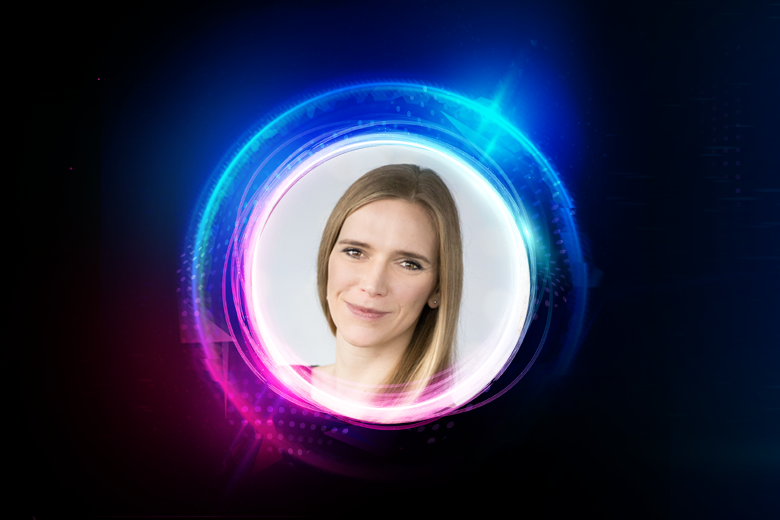| Weronika Cygan |
Sci-fi literature is abundant in stories of space crews that did not handle well the pressure of solitude, void, and being lost after they had been cut off from Earthly society. Psychologists—apart from engineers and doctors—are often indispensable members of such a crew and is to guarantee the mental equilibrium of the others. During the next episode of the Scientific Premiere Stage, we will try to confront fiction with reality and find an answer to the question of how to not go crazy in space.
Polar explorers and astronauts
So far, only a handful of people have lifted their feet off the Earth and reached its orbit, and even fewer have walked on the Moon. Thus, we have had few opportunities to test the impact of the cosmic void on human psychology. We may, however, test how extreme conditions of social isolation affect people.
Agnieszka Skorupa, PhD, from the USil Faculty of Social Sciences, specialises in research on human adaptation in ICE environments (Extreme-Confined-Isolated). Before she has pursued research in analogue habitats for crewed space missions that are to simulate conditions outside the safety of the Earth’s atmosphere, she had analysed challenges faced by members of polar expeditions. It appears that the way of living of a polar explorer resembles the day-to-day life of an astronaut in many aspects, and the latter may perhaps learn from it.
Space in Piła
If you want to carry out research on people subject to extreme conditions of isolation, you do not have to go to Antarctica. Neither do you have to fly to the International Space Station (ISS). You can simply take a ride to Piła, a town in Greater Poland Voivodeship, where the LunAres Research Station has been operating since 2017. It is there Agnieszka Skorupa, PhD, takes part in research within which reactions and behaviours of people subject to social isolation are being studied.
The habitat in Piła is already a centre that can boast worldwide renown. Scientists in LunAres check the health parameters of its members. Experts in various fields—medicine, psychology, biotechnology, robotics, architecture—analyse a wide range of phenomena and behaviours that may occur during manned space missions.
Third Quarter Phenomenon
Based on research and observation of isolated groups—starting with analysing diaries of the first pole conquerors—the occurrence of the Third Quarter Phenomenon was suspected. It manifests itself in the decrease in mood, disorientation, and tension in the group that occur halfway through a mission. The two-year research carried out in LunAres indicates that the phenomenon may also occur in members of a space crew, although not entirely in the form it had been originally thought.
Nevertheless, it is interesting to observe how differences between sexes affect the adaptation in analogue sites. There is still no clear answer to the question of whether space missions should be diverse regarding sex or unisexual groups could be a better solution.
During the 31st episode of the Scientific Premiere Stage, Agnieszka Skorupa, PhD, will tell us more about the secrets unveiled by the research carried out in research stations for crewed space mission simulation and what they tell us about humans. The meeting will be hosted by Marta Paluch on Thursday, 13 April 2023, at 6 p.m. The event will be translated into Polish sign language.
Previous meetings are available on the University’s YouTube Channel.







